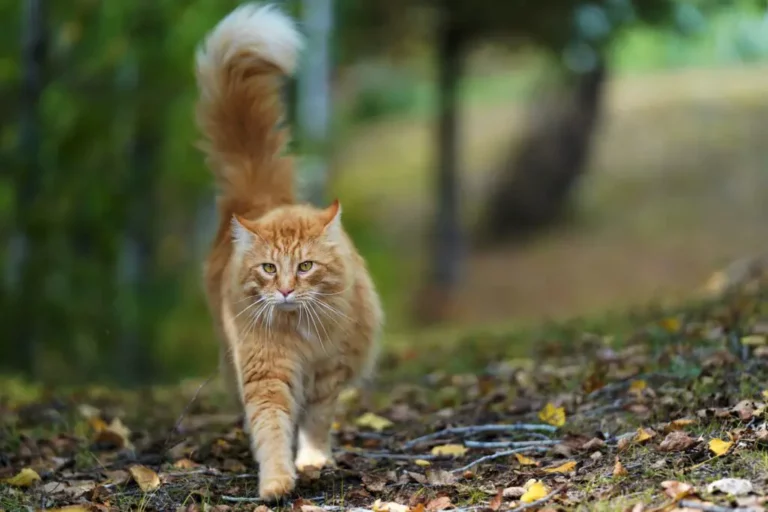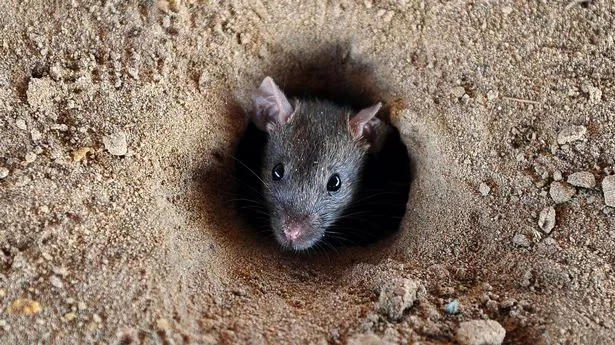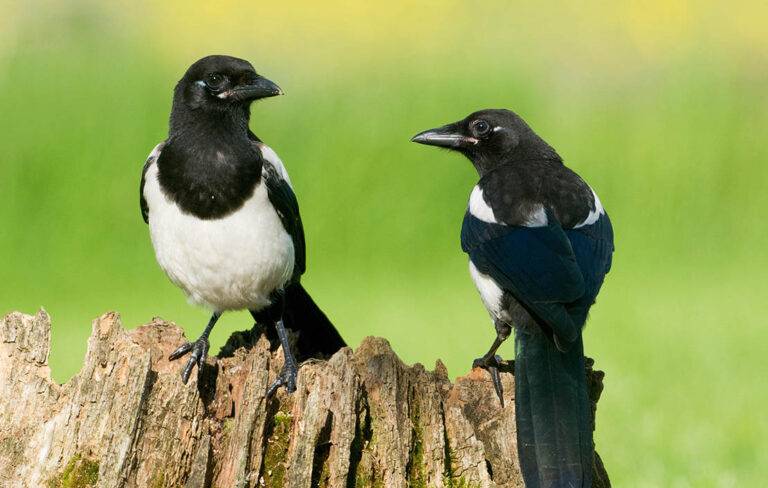Lifespan Of A Mini Lop Rabbit
Mini Lop rabbits typically live between 7 to 14 years, depending on good care. Their lifespan is influenced by factors like diet, healthcare, and living conditions. To ensure a long and happy life, it’s necessary to provide a balanced diet with hay, fresh veggies, and pellets, along with regular vet check-ups.
Creating a safe and stimulating environment is also essential. Recognizing signs of aging or health issues early on allows for timely adjustments, promoting a fulfilling and extended life for these charming companions. Responsible ownership and affectionate care have a significant impact on the overall wellbeing and lifespan of Mini Lop rabbits.
What Are the Key Facts You Need to Know About Mini Lop Rabbits?
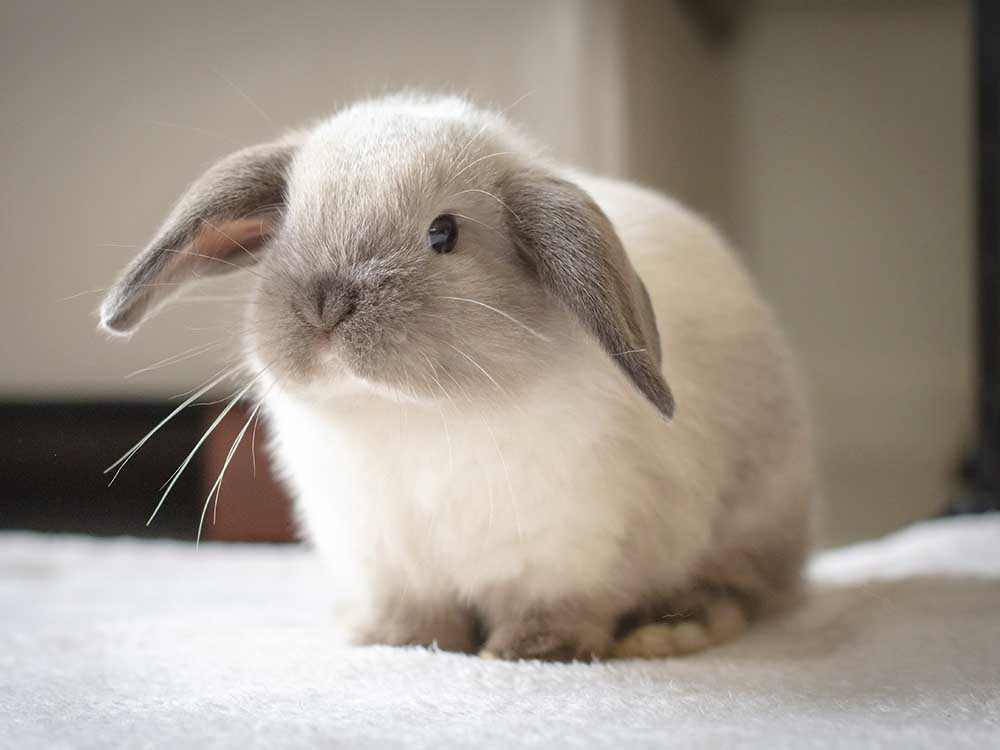
| Attribute | Details |
| Species Name | Oryctolagus cuniculus |
| Care Level | Medium |
| Temperament | Even temper, energetic, playful |
| Lifespan | 7 – 14 years |
| Size | Small |
| Diet | Hay, fruit, vegetables, herbs |
| Minimum Cage Size | 12 square feet |
| Cage Set-Up | Cage, water bottle, food bowl, bedding, toys |
| Compatibility | Prefer to live in pairs |
What Are The Factors Influencing the Lifespan Of Lop Rabbit?
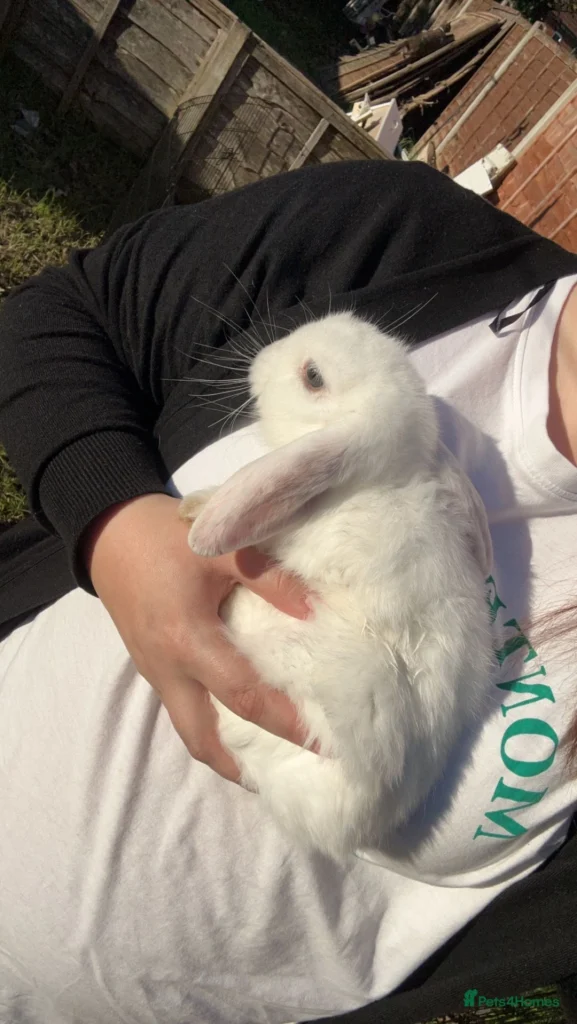
Diet and Nutrition
Balanced Diet: Mini Lop rabbits require a balanced diet that includes high-quality hay, fresh vegetables, and appropriate pellets. This ensures they receive essential nutrients, vitamins, and minerals crucial for their overall health.
Hydration: Proper water intake is essential to prevent dehydration and support various physiological functions. Fresh, clean water should always be accessible.
Healthcare
Regular Veterinary Check-ups: Routine visits to the veterinarian are crucial for preventive care. Vaccinations, parasite control, and dental checks are part of a comprehensive healthcare routine.
Timely Intervention: Prompt identification and treatment of health issues contribute to a longer and healthier life. Early intervention can prevent the escalation of minor problems into more severe conditions.
Living Environment
Safe and Spacious Housing: Providing a safe and spacious living environment is vital. This includes secure enclosures, protection from predators, and spaces for exercise and exploration.
Temperature and Ventilation: Maintaining an optimal temperature and ensuring good ventilation in their living space contributes to their comfort and wellbeing.
Social Interaction
Companionship: Mini Lop rabbits are social animals and thrive on companionship. Having a rabbit friend or regular interaction with their human caregivers promotes mental stimulation and prevents loneliness.
Enrichment Activities: Offering toys, tunnels, and other enrichment activities keeps them engaged and mentally stimulated. This is essential for their emotional wellbeing, indirectly influencing their overall health.
What Are the Risks Associated With a Mini Lop Bunny?
Dental Issues
Mini Lop rabbits, like many other breeds, are prone to dental problems. Their teeth continuously grow, and without proper wear, they can become overgrown, leading to issues with eating and overall health.
Gastrointestinal Stasis
Gastrointestinal stasis is a common concern, where the digestive system slows or stops. Mini Lop bunnies are particularly susceptible if their diet lacks sufficient fiber or if they don’t stay hydrated.
Respiratory Infections
Mini Lop rabbits have delicate respiratory systems, making them more susceptible to respiratory infections, especially if exposed to drafts or poor living conditions.
Obesity
Mini Lops, like many small breeds, can be prone to obesity if not given a well-balanced diet and sufficient exercise.
Reproductive Issues
Unspayed or unneutered Mini Lops are at risk of reproductive issues, including cancers and behavioral challenges.
Dietary Concerns
Inappropriate diets, such as those high in sugary treats or low in fiber, can lead to various health issues, including obesity and dental problems.
Heat Stress:
Mini Lops may be susceptible to heat stress, especially in hot climates, which can lead to dehydration and other health issues.
How do I take care of my Mini Lop rabbit?
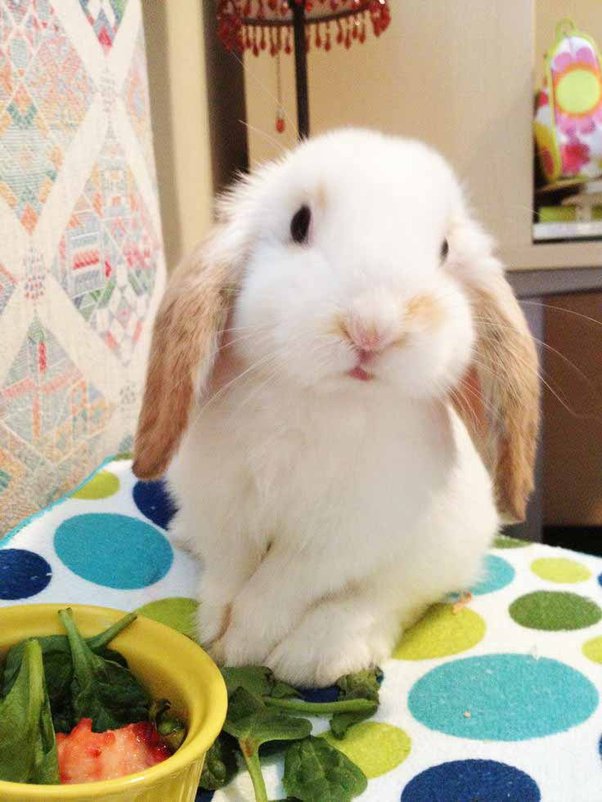
To care for your Mini Lop rabbit, provide a balanced diet with hay, veggies, and pellets, keep their living area spacious and cozy, and spend quality time playing and interacting with them daily.
Proper Diet
Hay: Provide unlimited access to high-quality hay, as it’s a crucial part of their diet, aiding in digestion and dental health.
Vegetables: Offer a variety of fresh vegetables, such as leafy greens and carrots, to provide essential vitamins and minerals.
Pellets: Choose high-fiber pellets suitable for rabbits, and feed in moderation to avoid obesity.
Safe and Comfortable Housing
Cage Size: Choose a spacious cage, allowing your Mini Lop to move comfortably. Ensure proper ventilation to maintain air quality.
Bedding: Use safe bedding material, such as hay or aspen shavings, to create a cozy resting area.
Hideaway: Provide a hiding spot within the cage to allow your rabbit to retreat and feel secure.
Regular Veterinary Care
Check-ups: Schedule routine veterinary check-ups, at least once a year, to monitor your rabbit’s overall health.
Vaccinations: Stay up-to-date on vaccinations to prevent common rabbit diseases.
Dental Health: Address any dental issues promptly. Provide chew toys to help maintain dental health.
Social Interaction
Companionship: Consider adopting another rabbit as a companion to fulfill their social needs.
Quality Time: Spend time interacting with your rabbit daily through gentle petting, talking, and supervised play.
Environmental Enrichment
Toys: Offer a variety of safe toys, such as tunnels, chew toys, and cardboard boxes, to keep your rabbit mentally stimulated.
Rotation: Rotate toys regularly to maintain interest and prevent boredom.
Grooming
Brushing: Brush your Mini Lop’s fur regularly, especially during shedding seasons, to prevent mats and reduce hair ingestion.
Nail Trimming: Trim their nails when needed to prevent discomfort and potential injury.
Exercise
Play Area: Set up a rabbit-proofed play area where your Mini Lop can hop around safely.
Supervised Playtime: Allow supervised playtime outside the cage to encourage physical activity.
Preventive Health Measures
High-Fiber Diet: Emphasize a high-fiber diet to prevent gastrointestinal stasis and maintain a healthy digestive system.
Observation: Keep a keen eye on your rabbit’s behavior and promptly address any signs of illness.
Temperature Control
Comfortable Temperature: Keep the living area at a comfortable temperature, avoiding extremes that could stress your rabbit.
Protection from Elements: Provide shade during hot weather and protect your rabbit from drafts during colder periods.
Spaying/Neutering
Health Benefits: Spaying/neutering helps prevent reproductive health issues and unwanted behaviors.
Consultation: Discuss the appropriate timing for spaying/neutering with your veterinarian.
Litter Training
Consistent Area: Encourage litter training by placing a litter box in a consistent location.
Positive Reinforcement: Reward your rabbit when they use the litter box, reinforcing good behavior.
Bonding and Trust
Patience: Building trust takes time, so be patient and allow your rabbit to approach you at their own pace.
Gentleness: Handle your rabbit gently and avoid sudden movements to build a positive association.
FAQ
At what age can Mini Lop rabbits breed?
The age at which Mini Lop rabbits can breed typically starts around 5 to 6 months. However, it’s advisable to wait until they reach at least 6 months to ensure both physical and emotional maturity, promoting a healthier breeding experience.
Can 2 mini lop rabbits live together?
Yes, Mini Lop rabbits generally thrive in pairs or groups. They are social animals, and living with a companion can enhance their well-being, provided they are introduced properly and both are spayed or neutered to prevent unwanted breeding.
Do Mini Lop bunnies poop a lot?
Yes, like all rabbits, Mini Lop bunnies produce a significant amount of feces. This is a natural part of their digestive process. Regular cleaning of their living space is necessary to maintain cleanliness and prevent health issues.
Do Mini Lop rabbits smell?
No, they don’t. Mini Lop rabbits are generally clean animals, and if their living environment is well-maintained, they don’t have a strong odor. Regular cleaning of their cage and litter box, along with proper grooming, helps keep any potential smells at bay.
Do Lop bunnies sleep a lot?
Yes, rabbits, including Lop breeds like the Mini Lop, are crepuscular, meaning they are most active during dawn and dusk. They may sleep for several hours during the day and night, which is entirely normal behavior.
How do I know if my lop rabbit is happy?
A happy lop rabbit exhibits behaviors like binkying (joyful jumps), relaxed body language, and a healthy appetite. Additionally, they enjoy social interaction, grooming, and will generally be curious and alert in their environment.
Why does my rabbit lick me?
Rabbits, including Lop breeds, may lick as a sign of affection. It’s a way for them to bond and show trust. If your rabbit licks you, it’s likely a positive and affectionate behavior.
Do rabbits like the dark?
No, they don’t. Rabbits are crepuscular animals, meaning they are most active during dawn and dusk. While they can see well in low light, they don’t necessarily prefer complete darkness.
Final words
To conclude the journey, understanding the lifespan of a Mini Lop rabbit, which typically ranges from 7 to 14 years, emphasizes the importance of responsible care. With a balanced diet, regular veterinary check-ups, a safe environment, and your affectionate attention, you can ensure your Mini Lop enjoys a happy and healthy life as your cherished companion.


